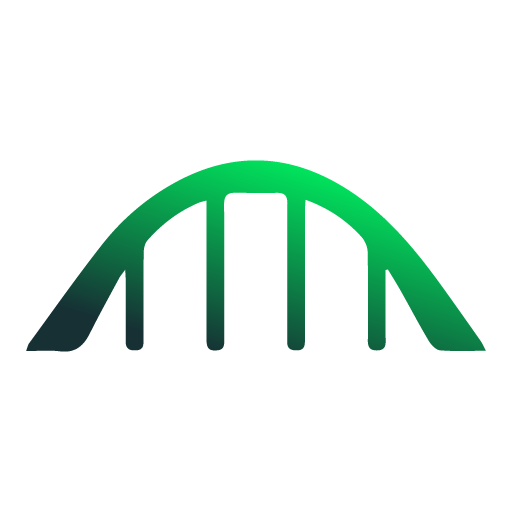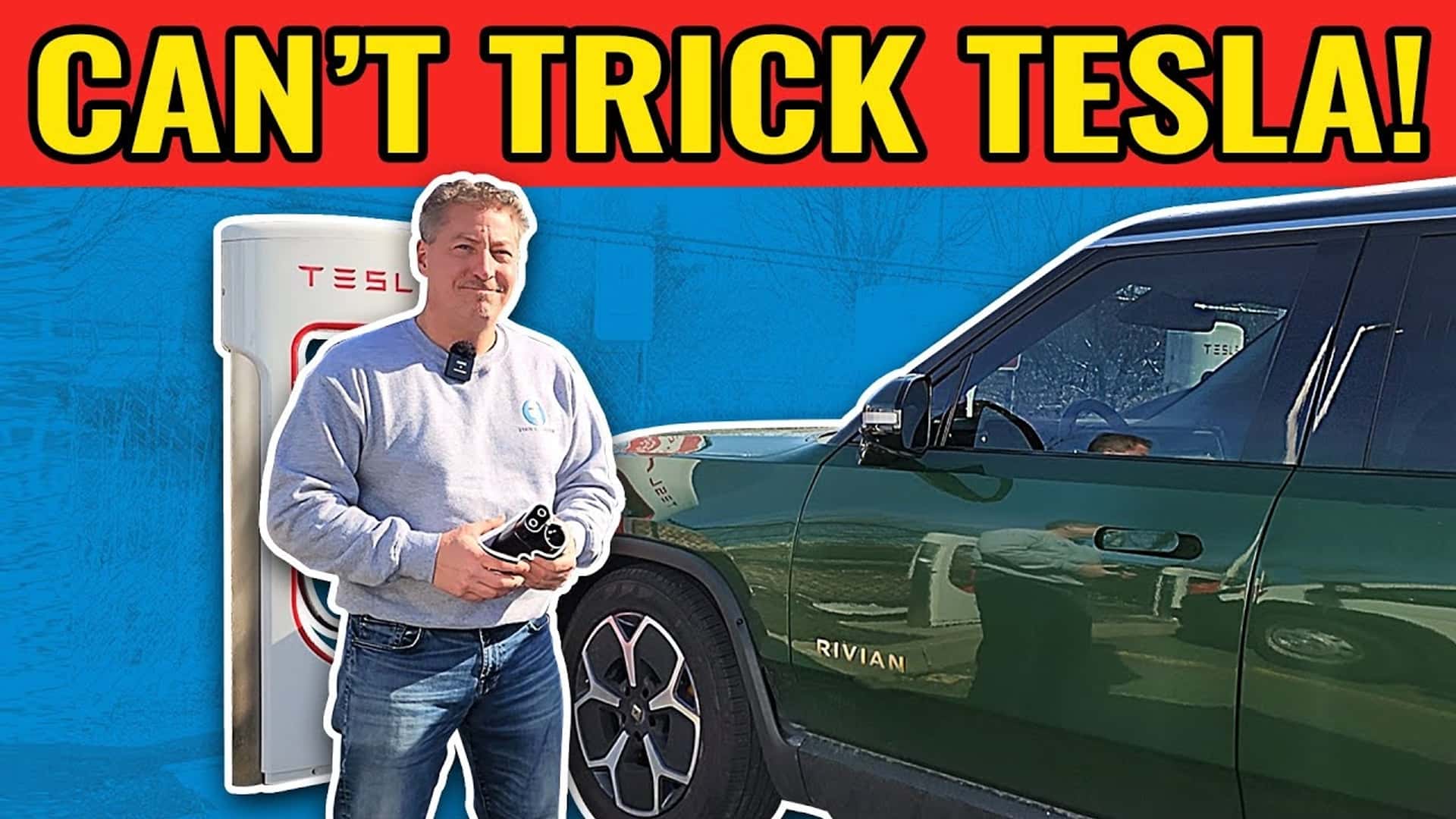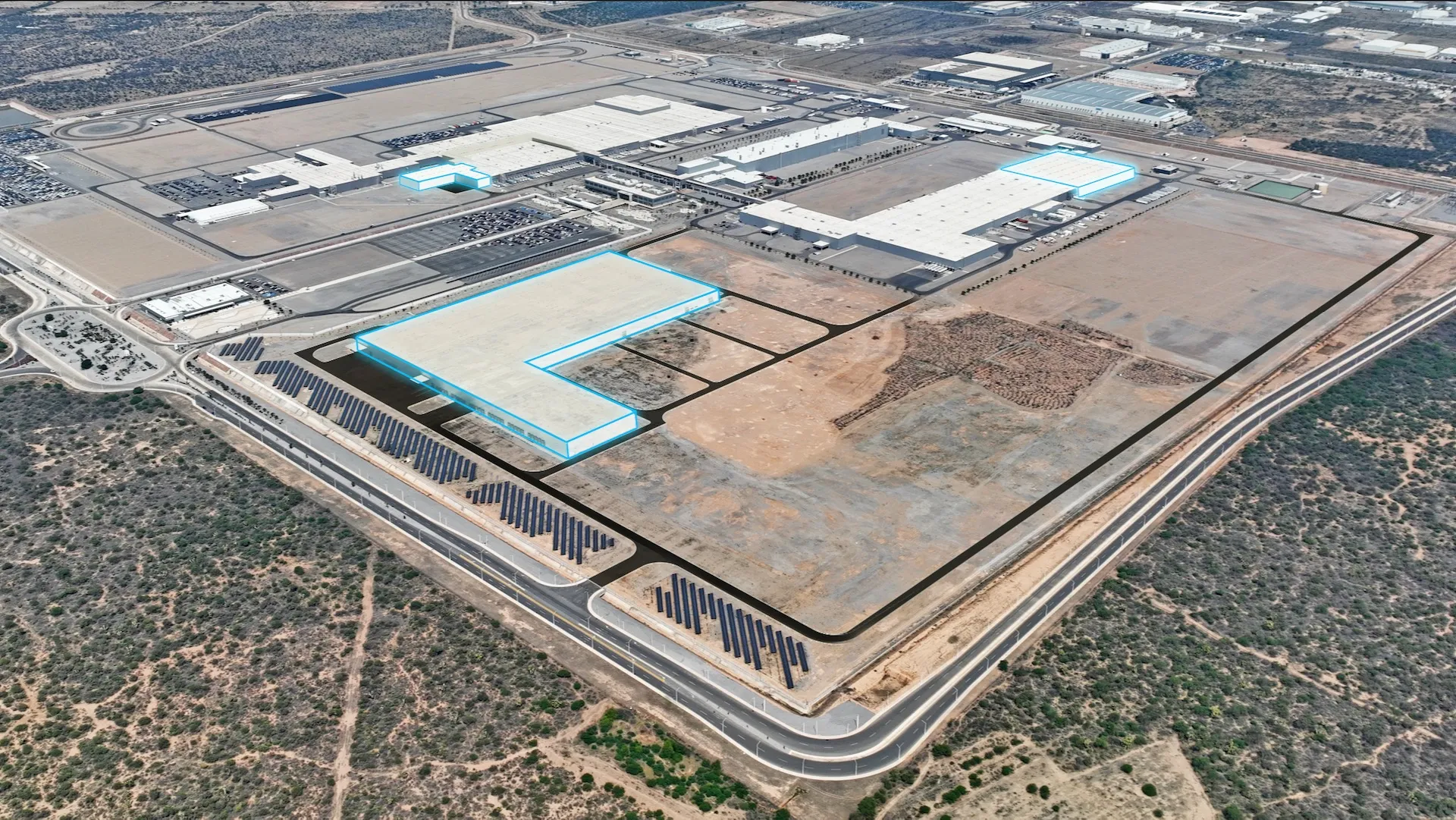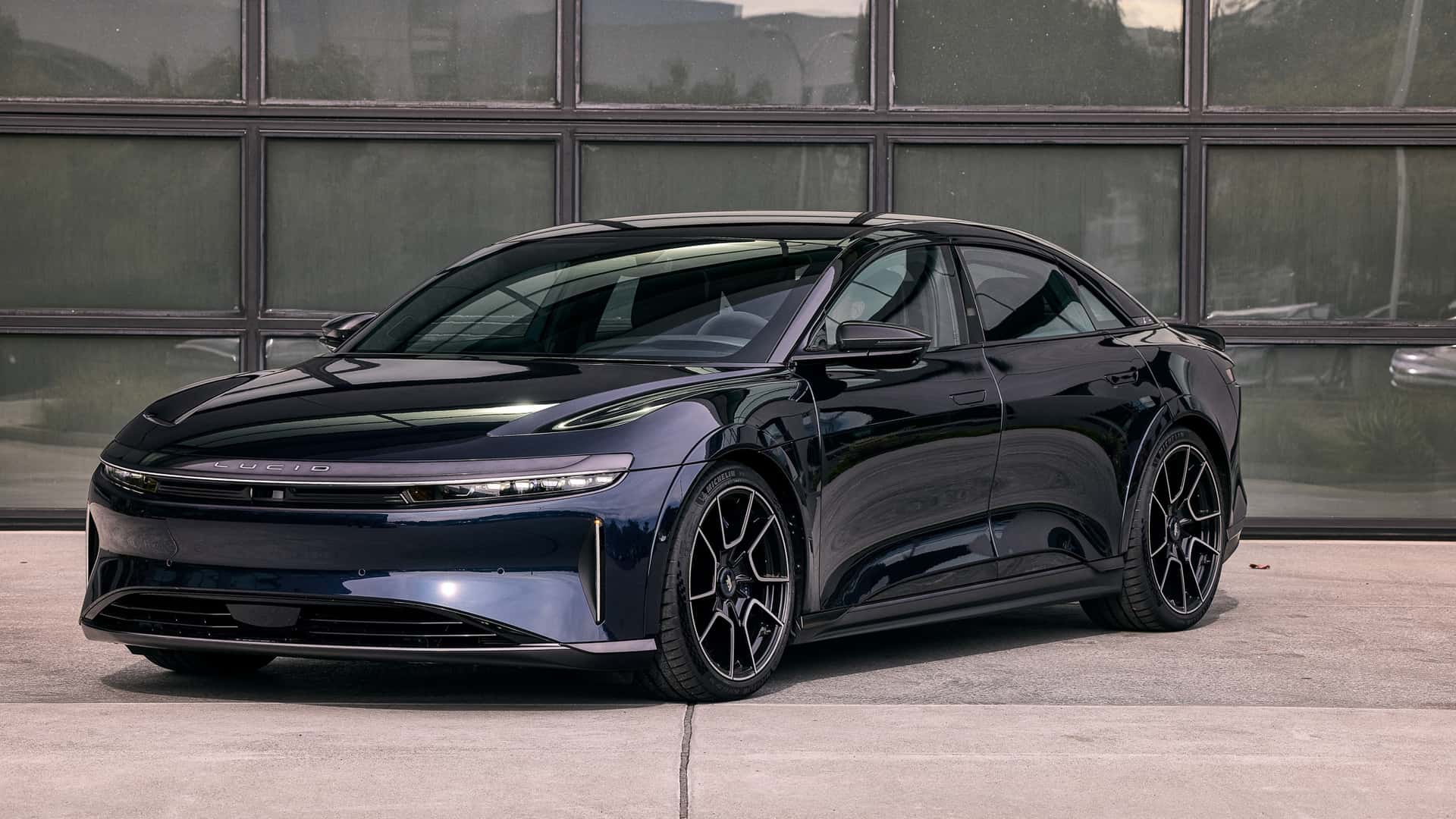
It’s an obvious question. If Ford’s new Fast Charging Adapter—which allows Ford’s electric vehicles to use the Tesla Supercharger network—isn’t some kind of “smart device,” won’t it theoretically let any EV charge that way as well? In other words, can’t you use the Ford adapter to charge a Rivian, or a Chevrolet Bolt, or anything else on the Supercharger network now?
The answer, unfortunately, is no. Not until more automakers get authenticated to use the Superchargers. Let’s dig into why.
Our man Tom Moloughney of the State Of Charge YouTube channel was among the first to use Ford’s new adapter to charge his F-150 Lighting at a Tesla station this week. It worked perfectly, proving that owning a Lightning, Mustang Mach-E or E-Transit van just got a lot easier with seamless “plug and charge” access to 15,000 Tesla fast chargers. The adapters are free of charge for Ford EV owners until June 30; after that, they sell for $230 including tax and shipping.
Naturally, Tom did what anyone would do in this situation: he tried his Ford adapter out on some other cars. Since the FordPass app is now designed to work natively with Tesla chargers, Tom used the Tesla app on his Rivian instead, to try and “trick” the Supercharger into thinking it was actually a Tesla.
When he did, the charger and adapter locked into his Rivian just fine, but then he got an “unauthorized vehicle” error message on the app. “Your vehicle is not able to charge at Superchargers at this time,” it said.
So much for that idea. For the sake of science, they tried it with Tom’s Bolt as well, but got the same result. “No juice for you, Mary Barra,” Tom said. Repeated charging attempts yielded the same “unauthorized vehicle” message.
Interestingly, Tom also tried to charge the Rivian using third-party adapters from A2Z and Lectron. Neither of those adapters worked either. (Note that Ford doesn’t recommend using those adapters, and Tesla forbids them as well, for safety reasons.)
In other words, this isn’t a hardware issue when it comes to charging—it’s a software issue. Until Tesla authenticates more vehicles to work on its network, those won’t be allowed to charge there. Womp womp.
The good news is that the situation is changing very quickly. Nearly every other automaker is following Ford’s lead this year and getting access to the Tesla network, first with adapters and ultimately by switching to Tesla’s North American Charging Standard plug type from the factory. After 2025, just about every new EV in the U.S. and Canada will have native access to Tesla charging. Even Tom’s Rivian will be able to charge there sooner than later; the EV startup announced it will ship adapters and enable access this month. Expect more automakers to follow the Ford playbook in that way.
In the meantime, if you discover some sort of trickery that allows you to charge a non-Tesla EV at a Supercharger station, let us know.



